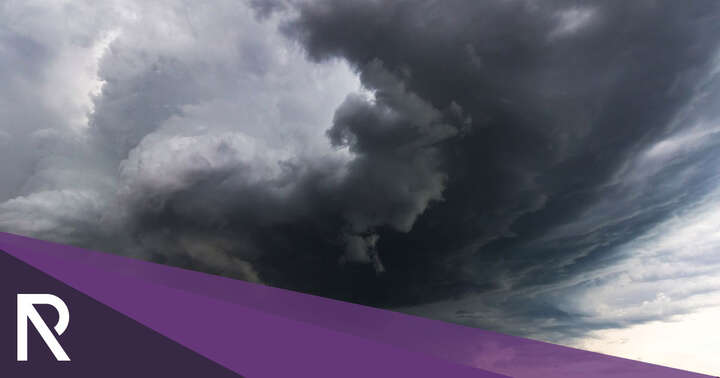How to Be Ready Before the Cyclone Season Even Begins

Here in the Top End, cyclones are fairly common. You'll typically see about two or three of these storms get close to, or hit, Darwin each year. While you can ride some storms out at home, you may have to evacuate for more severe cyclones.
Even if you don't have to evacuate, you still need to prepare your home for when the storm hits. Getting ready will minimise the risk of damage and maximise your safety. Here's what you need to do.
Check Cyclone Building Standards
If you live in a newer home, they will have built it according to the current cyclone standards. However, older homes may not be fully up to code. Check with your local council to determine any renovations that might be necessary. Keep in mind that the council regulations are the minimum requirements. The more you can enhance your home to accommodate cyclones, the safer you and your loved ones will be.
Complete Any Necessary Repairs
Before cyclone season starts, get a professional property inspection. This will alert you to any potential issues with your walls, roof and eaves. Be sure to allow plenty of time to complete the necessary repairs before the first cyclone comes around. You want to ensure everything is tight and secure when the winds kick up to prevent leaks and other damage to your home.
Cover All Glass
Fit every window in your home with shutters or metal screens. This way, broken glass won't be able to get inside your home if flying debris smashes a window. Metal screens are affordable, and most tradies can complete the job in a single day.
Trim Your Trees
During cyclones, it is common for the winds to rip tree branches off, potentially flying through the air and hitting your house. Even if branches don't detach, the trees will sway a lot more than they typically do and can knock or scrape against the sides of your house. Trim all of your trees so that their branches are a safe distance away from your home. Also, remove any broken, rotten or dying branches.
Pack a Cyclone Kit
During a cyclone, your home may lose power. Make sure to stock your emergency kit with candles, torches and extra batteries. You'll also want to include a first aid kit and instructions on how to use it. Bring at least three days worth of non-perishable food and water for every member of your family.
Also, take a list of phone numbers for emergency services and storm shelters. A battery-powered radio can help you keep up with the latest news about the weather conditions and alert you if you need to evacuate.
Check on Your Neighbours
You may be well-prepared for a cyclone, but what about your neighbours? Check in with your neighbours to ask if they need any assistance in making preparations. Be especially conscious of elderly residents who may need a bit of extra help getting everything done in time.
Those who are new to the area may need a bit of extra attention as well, as they may not be familiar with cyclone conditions. With everyone working together, you can all be safe and ready for cyclone season.
Keep Calm and Trust Your Instincts
Panicking is one of the worst things you can do in an emergency situation, as it makes it much harder for your brain to process what is going on. By following the tips outlined here, you'll be prepared for the next cyclone, which should help to keep your worry to a minimum.
